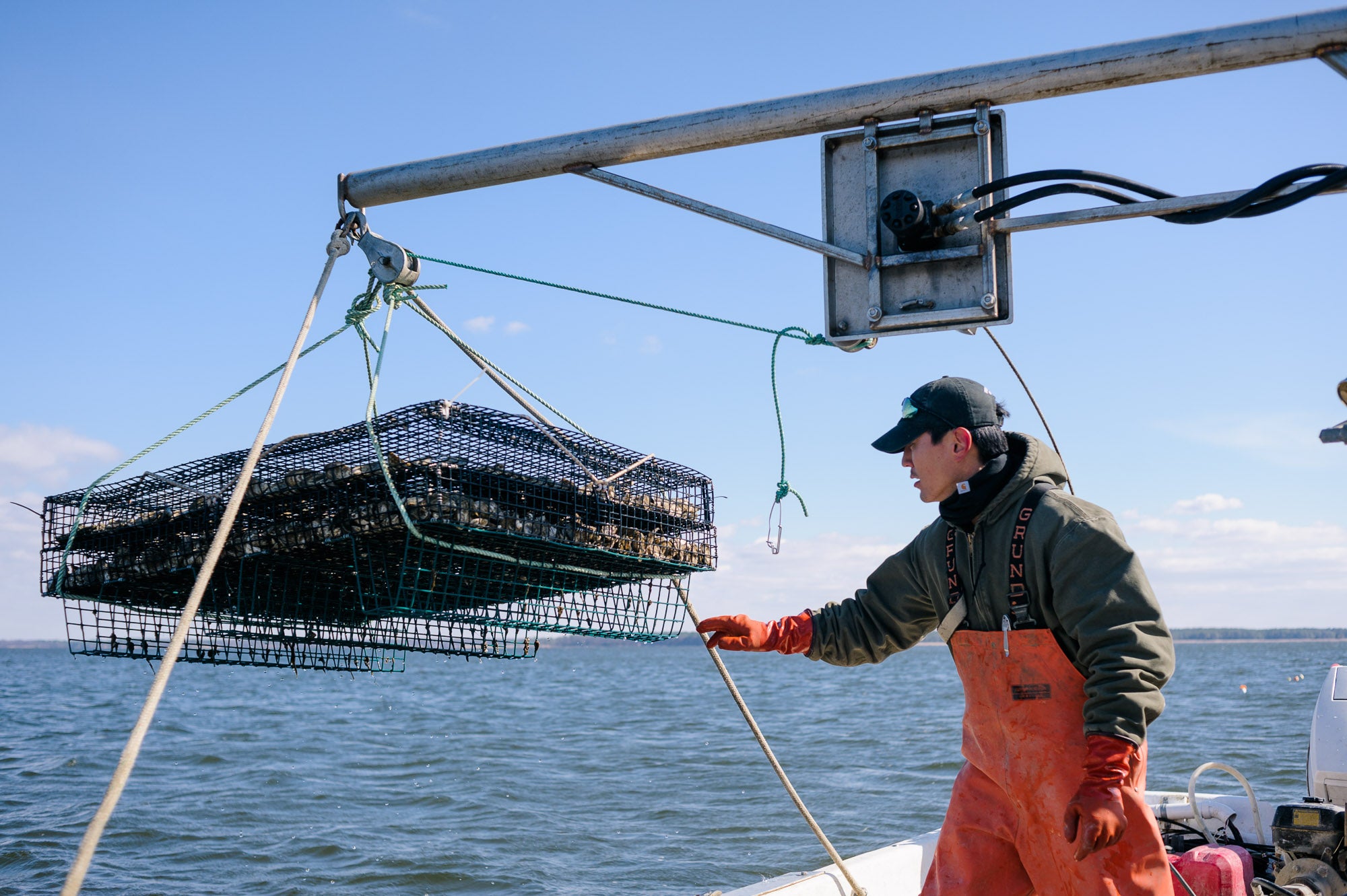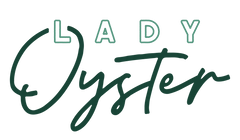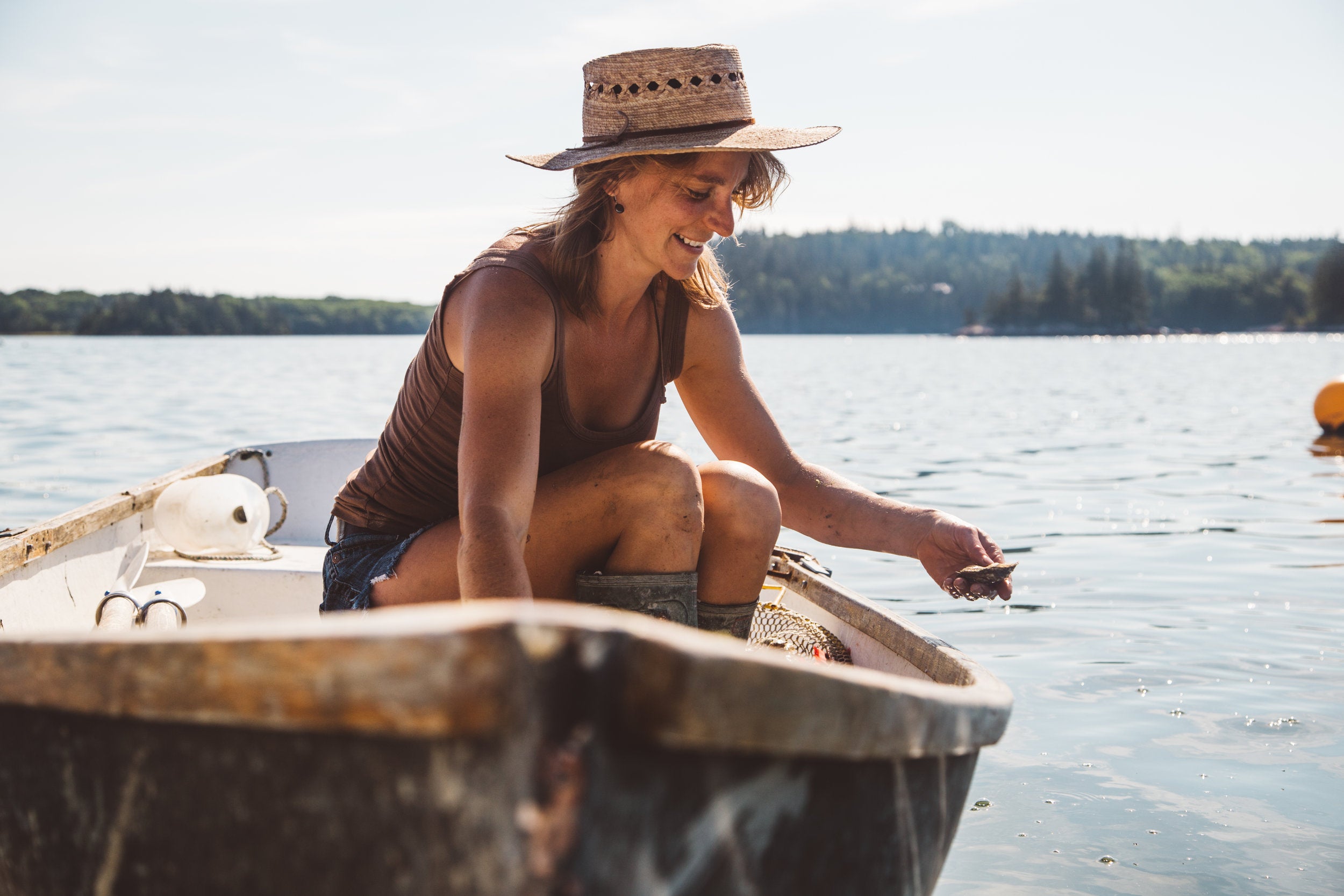The Story of Orchard Point Oysters

In the words of Steve Harvey, I've got a good one for you today. Let me introduce you to Scott, who just might be the oyster farmer after my own dreams. I grew up on the Eastern Shore in Maryland, just like Scott, and worked a DC corporate job, just like Scott. So naturally, his story is one I love. Meet Scott Budden, oyster farmer extraordinaire based in Chestertown, MD. This is his story.
Scott, how did you get into farming oysters?

Source: www.orchardpointoysters.com
I first started reading about how the state of MD was allowing private farms to lease bottom in the Bay back in 2011. I was working in DC at a corporate office job and not being personally or professionally fulfilled. It just made sense to me. Here was a way to clean-up the river I grew up on, the Chester, while making some money and satisfying the growing appetite for premium half-shell oysters. I started visiting local farms, meeting with state agencies, applying for grants/loans, reading books on oysters, and before you know it I was building my 1st workboat! I grew up on the Chester and Sassafras Rivers and they both mean a lot to me personally. To align my career with something that benefits
What is one unique thing about your oysters, or your farm process, that you would like to share with oyster consumers?
The one thing that most unique about our farm is the geography. We're the northernmost farm in the Chesapeake Bay raising off-bottom oysters, so we think they are some of the sweetest and the plumpest we've experienced from The Bay. We're situated off a US Wildlife Preserve and get a nice mix of saltier Bay water and nutrient rich river water from several major tributaries. This all contributes to a very sweet and plump oyster.

Photo cred: www.orchardpointoysters.com
Can you share the ecology of your farm?
So the farm is an off-bottom cage farm. There are a ton of Bay species (eels, crabs, toad fish, etc.) that use the cages for habitat and food. Our mature Orchard Points filter 50G of water/day and all help remove the excess nutrients (nitrogen chiefly) that are clogging The Bay with algae. The shells even remove and sequester carbon from the atmosphere and water. The oysters grow year-round, though most rapidly from spring-fall.
What's your favorite and most challenging part of being an oyster farmer?
My favorite part is touching each oyster by hand. To see them grow-up and mature to the point of harvesting them is rewarding. You can really tell what's going on with an oyster just by touching it. We're a small family farm and that allows us to have a high degree of quality control over our product. The most challenging part is the long days, especially in inclement weather. We work year-round (spend ~200+ days/year on the water) in storms, snow, and ice. Not to mention the constant wind and fetch on the lease. Working that hard, that constantly, can wear you down physically. It certainly is a young person's business!

Photo cred: @orchardpointoysters
What should we expect when we eat one of your oysters?
You should expect a consistent size, a clean (almost bone white) deep and dense cup, and a plump/full meat. The flavor should start with a little bit of brine and quickly progress to a very sweet and mild, yet rich and buttery finish. They pair very well with a little bit of citrus, acid, or anything the chef really wants to add that accents their sweetness.
Where can we find your oysters?
You can find Orchard Points primarily in Baltimore and DC at the moment. We're at Plume Restaurant at The Jefferson Hotel and Le Diplomate in DC and on the ice weekly at Hank's Oyster Bar (DC) and The Local Oyster in Baltimore. We're in quite a few other places too (list on "Favorites" section of website). We'll also be at Mermaid's Kiss (9/21/17 @ Baltimore Museum of Industry), which is a big event in Baltimore that benefits The Bay via the Oyster Recovery Partnership and features a bunch of local farms.
That's a wrap! Thank you, Scott. If you have more questions for Scott, you can reach him at scott@orchardpointoysters.com, and please follow them on Instagram at @orchardpointoysters.

Source: www.orchardpointoysters.com



